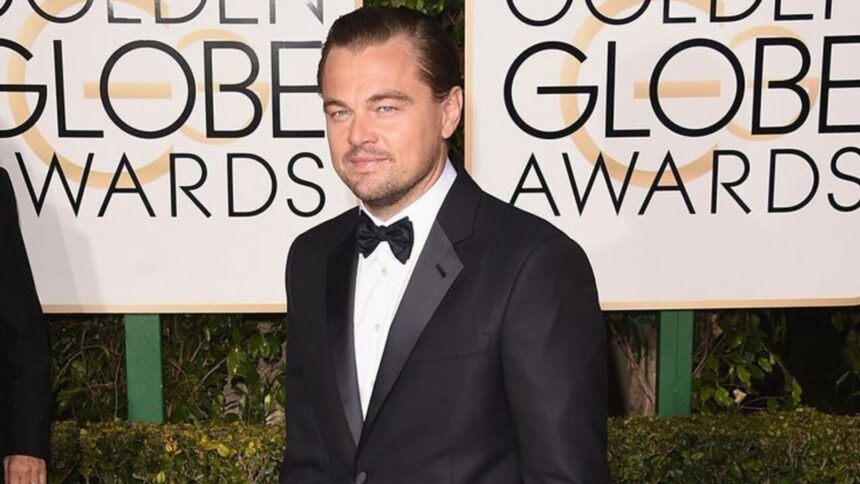In today’s world, the concept of celebrity often extends far beyond fame and recognition. Some celebrities achieve reverence that elevates them to an almost sacred status. These “venerated celebrities” are individuals who are not only admired for their talents and accomplishments but also respected for their lasting impact on culture, society, and even history. The phenomenon of venerating celebrities reflects society’s deep-seated desire to look up to figures who embody ideals, values, and aspirations. But what does it indeed mean to be a revered celebrity?
The Evolution of Celebrity Veneration
The veneration of celebrities is a recent invention. Historically, individuals who made significant contributions to art, science, politics, or philosophy were often revered in ways that blurred the line between admiration and idolization. Figures such as Francis Bacon, who contributed to the foundation of modern scientific thought, or even ancient philosophers like Socrates, achieved a status that transcended their lifetimes. These individuals were not just respected for their work; they were seen as guiding lights whose ideas and actions shaped the future of humanity.
Recently, the concept of celebrity has expanded, incorporating not just intellectuals and leaders but also entertainers, athletes, and public figures. The rise of mass media in the 20th century played a significant role in this evolution, allowing celebrities to reach a global audience and solidify their status as revered figures. Icons like Marilyn Monroe, Muhammad Ali, and Nelson Mandela became more than just public figures; they became symbols of cultural movements, social change, and human potential.
The Role of Media in Creating Venerated Celebrities
Media, in its various forms, plays a crucial role in the creation and maintenance of venerated celebrities. From traditional print and broadcast media to today’s digital platforms, media outlets can shape public perception and elevate specific individuals to near-mythical status. This process often involves a combination of storytelling, imagery, and repeated exposure, collectively contributing to constructing a celebrity’s public persona.
For example, how media covers a celebrity’s philanthropic efforts, personal struggles, or outspoken views on social issues can enhance their veneration. The media’s focus on these aspects creates a narrative that resonates with the public, leading to a deeper emotional connection and respect for the individual. In some cases, the media even plays a role in sustaining the adoration of celebrities posthumously, ensuring that their legacy endures.
Venerated Celebrities in Contemporary Culture
In contemporary culture, venerated celebrities can be found across various fields, from entertainment and sports to politics and activism. These individuals are often seen as role models, not just for their achievements but also for their values and the causes they support. For instance, figures like Oprah Winfrey, who has built an empire while championing issues like education and mental health, are revered for their ability to inspire and effect change.
Athletes like Michael Jordan and Serena Williams are venerated for their unparalleled skills, perseverance and contributions to society outside of sports. Similarly, political figures like Barack Obama and Malala Yousafzai have achieved veneration through their efforts to promote peace, equality, and justice. In these cases, the veneration extends beyond mere admiration of their professional success; it encompasses respect for their character, principles, and influence on the world.
The Impact of Venerated Celebrities on Society
The impact of venerated celebrities on society is profound. These individuals often become symbols of the ideals and values that society holds dear. They can influence public opinion, shape cultural norms, and inspire movements for social change. For example, the veneration of figures like Nelson Mandela played a crucial role in the global fight against apartheid and in promoting human rights. Similarly, the reverence for figures like Mahatma Gandhi and Martin Luther King Jr. continues to inspire nonviolent resistance and civil rights movements worldwide.
Venerated celebrities also serve as a source of hope and motivation for individuals. Their stories of overcoming adversity, achieving greatness, and making a difference in the world resonate with people on a personal level, providing inspiration and encouragement. In this way, venerated celebrities contribute to a collective sense of possibility, reminding us that greatness is achievable and that individuals can make a meaningful impact on the world.
The Potential Pitfalls of Celebrity Veneration
While the veneration of celebrities can have positive effects, it also carries potential pitfalls. One risk is the creation of unrealistic expectations and the pressure on celebrities to maintain a flawless public image. This can lead to a disconnect between the celebrity’s public persona and private life, resulting in scandals or public disillusionment when their human flaws are exposed.
Another potential issue is the tendency to elevate celebrities to a status that overshadows their contributions. In some cases, the veneration of a celebrity can become more about their image or brand than their genuine impact on society. This can lead to a superficial admiration that prioritizes appearances over substance.
Conclusion: The Enduring Appeal of Venerated Celebrities
Venerated celebrities will likely continue to play a significant role in society as symbols of excellence, inspiration, and cultural influence. While the nature of celebrity veneration may evolve with changing media landscapes and societal values, the underlying desire to admire and look up to individuals who embody our highest ideals is likely to remain a constant. As we navigate the complexities of celebrity culture, it is essential to maintain a balanced perspective, recognizing the achievements and contributions of venerated celebrities while also acknowledging their humanity.
FAQs About Venerated Celebrities
Q1: What defines a venerated celebrity?
A venerated celebrity is an individual who is deeply respected and admired, not only for their achievements but also for their character, values, and impact on society. Their influence often extends beyond their professional field, making them role models and symbols of cultural or social movements.
Q2: How do celebrities achieve veneration?
Celebrities achieve veneration through their accomplishments, public persona, and societal contributions. Media coverage, public perception, and celebrity values influence their elevation to revered status.
Q3: Can venerated celebrities have a negative impact?
Yes, while venerated celebrities can inspire and lead positive change, they also have the potential for negative impacts, such as creating unrealistic expectations, perpetuating superficial values, or causing public disillusionment when their flaws are revealed.
Q4: Are venerated celebrities only found in the entertainment industry?
No, venerated celebrities can be found in various fields, including sports, politics, science, and activism. The common thread is their ability to influence society and be admired for their contributions to their field and beyond.
Q5: Why is veneration of celebrities influential in society?
The veneration of celebrities reflects societal values and aspirations. Venerated celebrities often embody the ideals people admire, providing inspiration and serving as symbols of what is possible when individuals strive for greatness and positively impact the world.
Also Read: What is Peso Pluma Height? An In-Depth Look at the Mexican Sensation







